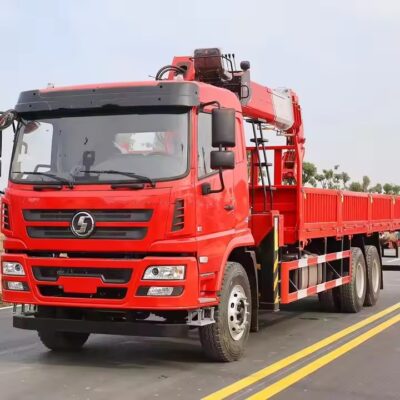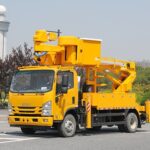In a collaborative effort to enhance road safety a hiki ke pane pilikia, Indonesia a Qatar have embarked on an ambitious project to upgrade their kaʻa huki fleets. The initiative aims to bolster the nation’s ability to swiftly clear accident sites and provide critical assistance to motorists in distress, ultimately reducing road hazards a improving overall road safety.
Indonesia, with its vast archipelago and rapidly growing road network, faces the constant challenge of ensuring safe and efficient traffic management. No ka hoʻoponopono ʻana i kēia pilikia, ka Indonesian government has joined forces with Qatar, a nation renowned for its advanced road infrastructure a emergency response systems.
The upgrade plan involves procuring a modern fleet of kaʻa hukis equipped with cutting-edge technology and enhanced safety features. ʻO kēia mau mea kaʻa hukis will be strategically stationed at key locations along highways and urban areas, ready to respond to accidents, wawahi, or other emergencies. The vehicles will come fitted with state-of-the-art towing equipment, making the process of clearing accident scenes smoother and quicker, thus minimizing traffic disruptions a preventing secondary incidents.

Eia hou, ka kaʻa hukis will be outfitted with advanced communication systems to ensure rapid coordination with law enforcement, lawelawe pilikia, and road management authorities. This integration will help improve response times and ensure a more efficient, well-coordinated approach to handling road incidents.
The project represents a significant step in the ongoing efforts of both nations to bolster their road safety measures. Beyond the acquisition of modern tow trucks, training programs for tow truck operators and road safety awareness campaigns are also in the pipeline. These initiatives aim to promote a culture of safety on the road and emphasize the importance of responsible driving practices.
ʻO ka Indonesia-Qatar collaboration on kaʻa huki upgrades is expected to have a profound impact on palekana alanui in both nations, setting an example for others to follow. By investing in modern infrastructure a enhanced emergency response capabilities, these countries are taking a proactive stance in ensuring the well-being of their citizens and visitors, making their roads safer for all.









